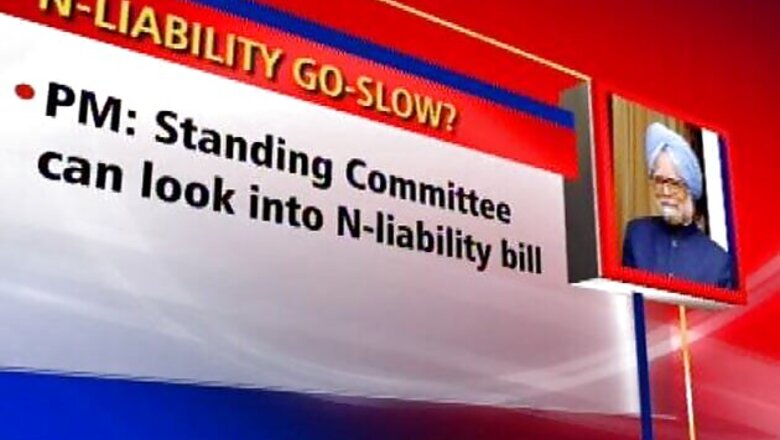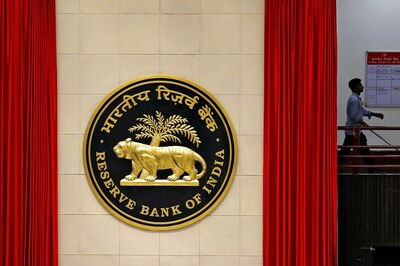
views
New Delhi: Ahead of Prime Minister Manmohan Singh's visit to the US April 12, the government will make another effort to muster political consensus over the contentious civil nuclear liability legislation before the second phase of the budget session.
With the political impasse over the bill still persisting, the government has indicated that it is amenable to suggestions on changing the language of the draft to accommodate the concerns of the opposition which is fiercely against the legislation.
The bill caps the liability of the operator of the nuclear plant, which is currently in the hands of the public sector in India, at Rs.500 crore.
But there are provisions within the legislation that allow the government to scale up liability and take over the responsibility of safeguarding the interests of the victims.
Reliable sources said the government was open to some suggestions like hiking the compensation beyond Rs.500 crore according to the size of the atomic nuclear power plant to blunt the criticism of the opposition.
The government will try to convince the critics that the bill has been designed to strike a fine balance between the interests of the victims of a potential nuclear accident and the security of investors.
The Samajwadi Party, which along with the Bharatiya Janata Party (BJP) and other parties is opposing the bill, Wednesday appeared to soften down, saying it wanted the legislation to be vetted by a select committee of all parties before being introduced in parliament as it has several loopholes.
"Prime Minister Manmohan Singh has said that the nuclear liability bill will be introduced in the second half of the budget session and suggestions will be invited from all parties before making changes," Samajwadi Party national general secretary Mohan Singh said.
The party said that the bill was beneficial for the country as it will help spur the country's nuclear atomic power generation plans.
"However, it should be vetted by a select committee of all parties, which should be formed for this purpose in parliament, before the bill is passed," Singh said.
The government denies that the legislation has been done under US pressure and insisted that it was conceptualized much before the 2005 India-US civil nuclear deal with a view to ramp up nuclear energy production in the country. It has been in the making for the last 10 years, the sources said.
India plans to scale up its nuclear energy production from the current 4,100 MW to 20,000 MW by 2020 and take it further to 40,000 MW by 2035.




















Comments
0 comment